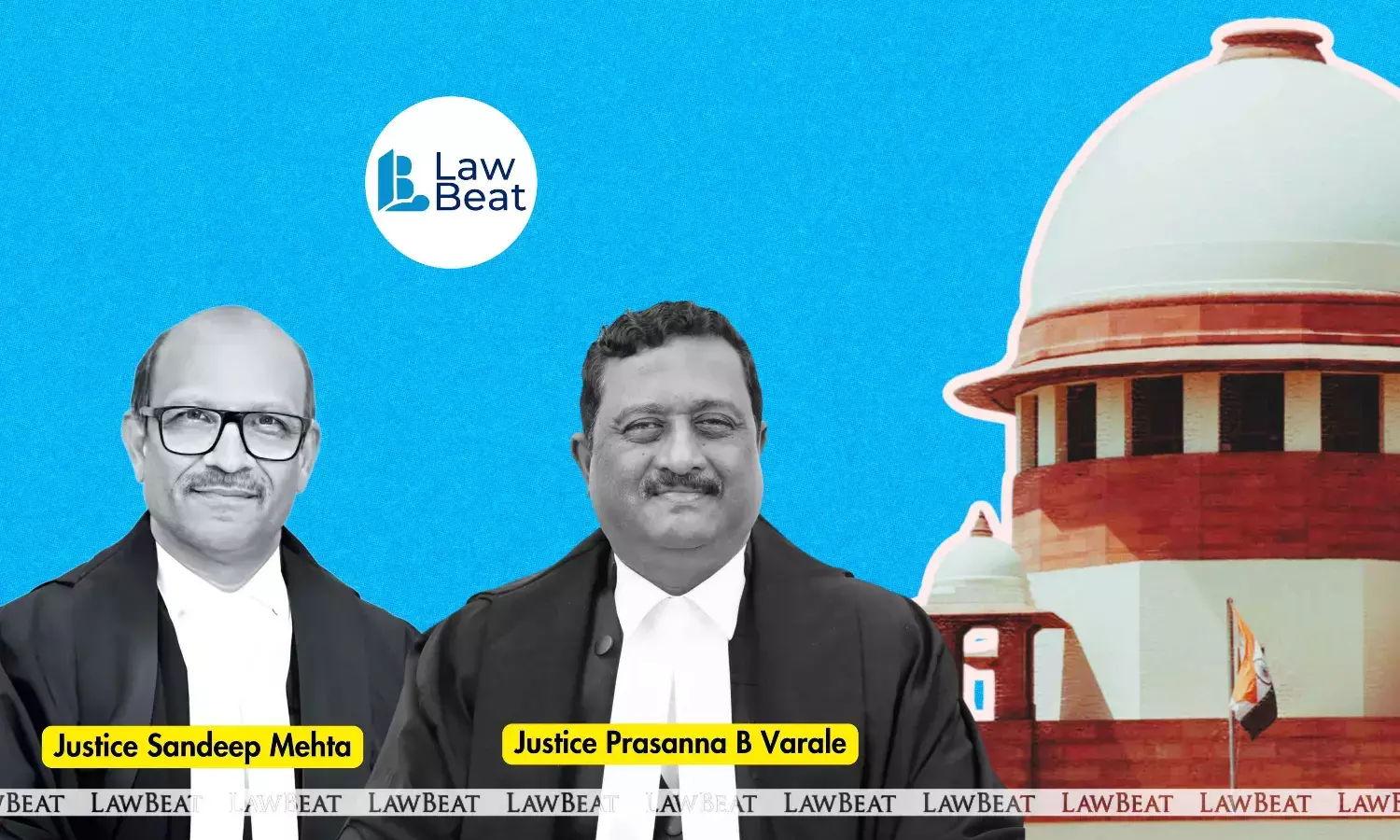Courts Should Not Stay Conviction Of Public Servants In Corruption Cases: Supreme Court Cites K.C. Sareen Precedent

Reiterating its firm stance against corruption, the Supreme Court has held that courts must refrain from staying the conviction of public servants found guilty under corruption charges.
The Court dismissed a Special Leave Petition (SLP) filed by a public servant convicted under the Prevention of Corruption Act, challenging a Gujarat High Court order that refused to stay his conviction despite suspending his sentence. It upheld the High Court’s view, reinforcing the principle that convictions of public servants on corruption charges should not be stayed.
The petitioner had been convicted by a trial court under Sections 7 read with 12 and 13(1)(d) read with 13(2) of the Prevention of Corruption Act, 1988, and sentenced to three years and two years of imprisonment respectively.
Following his conviction, he moved the Gujarat High Court seeking suspension of sentence, which was granted. However, the High Court clarified in its April 3, 2023 order that the suspension of sentence did not amount to a stay on the conviction itself.
Aggrieved by this observation, the petitioner approached the Supreme Court, contending that the continuation of his conviction would adversely affect his service and future prospects.
The Bench of Justice Sandeep Mehta and Justice Prasanna B Varale, however, found no merit in the petition.
Referring to established precedents in K.C. Sareen v. CBI [(2001) 6 SCC 584] and CBI v. M.N. Sharma [(2008) 8 SCC 549], the Court reiterated that courts should ordinarily refrain from staying convictions of public servants in corruption cases.
“Ex facie, we find no justifiable reason to take a different view,” the Bench remarked, firmly asserting that the High Court’s decision did not suffer from any legal infirmity warranting interference.
The Court emphasized that the legal principle laid down in the cited judgments is squarely applicable, and in light of the seriousness of corruption charges, granting a stay on conviction would undermine public confidence in the justice system.
Finding the SLP, “devoid of merit,” the Court proceeded to dismiss it. All pending applications in connection with the matter were also disposed of.
Case Title: Raghunath Bansropan Pandey v. The State of Gujarat
